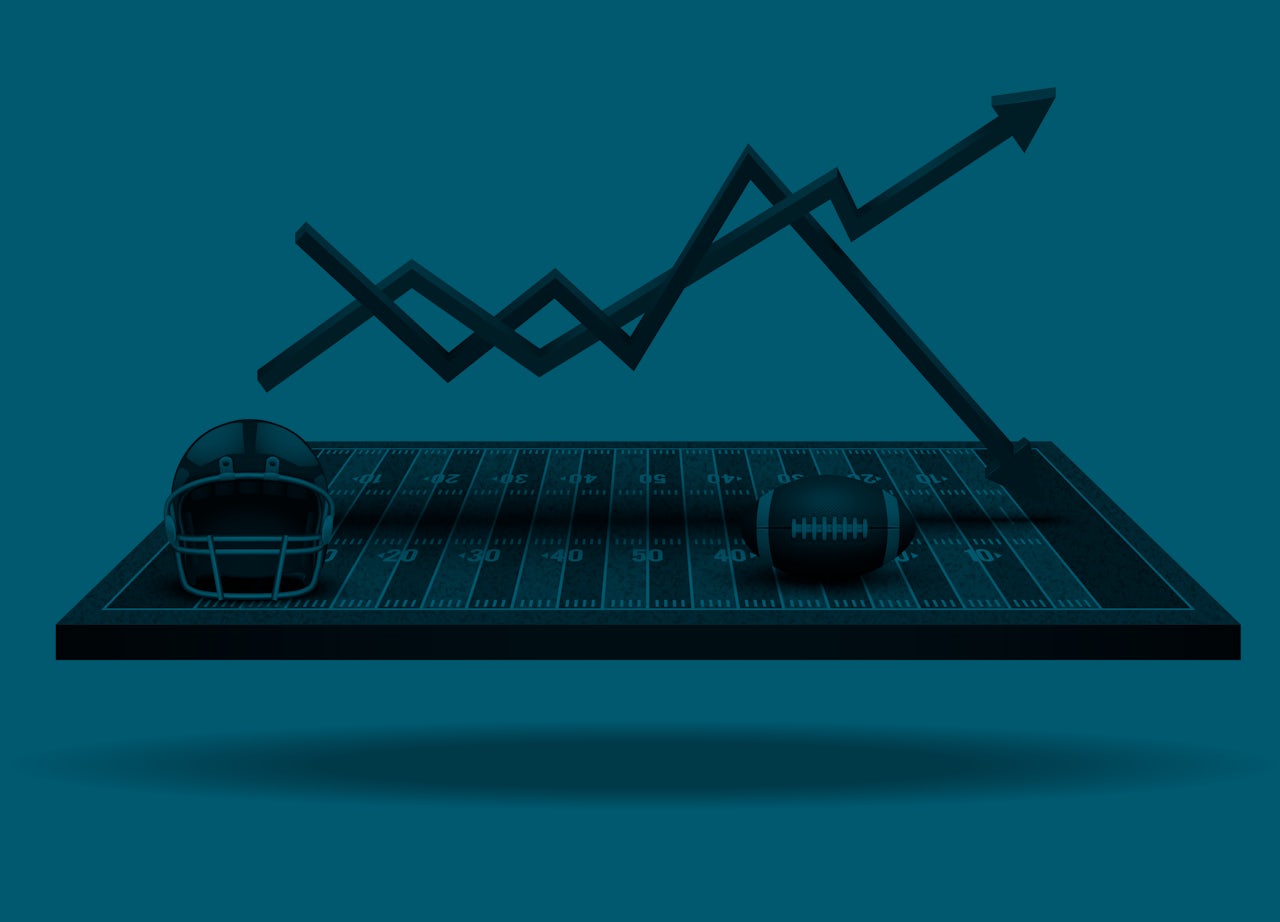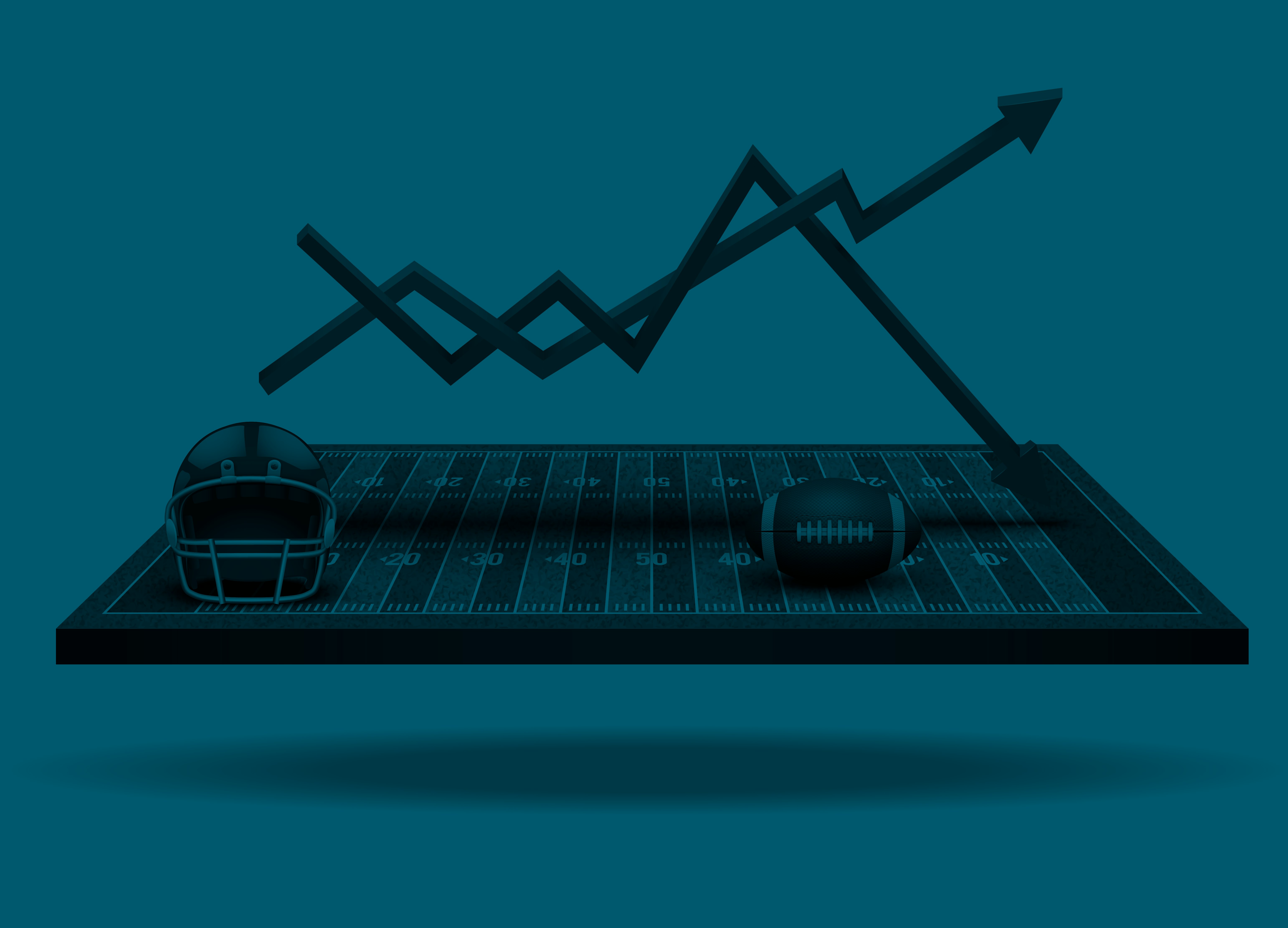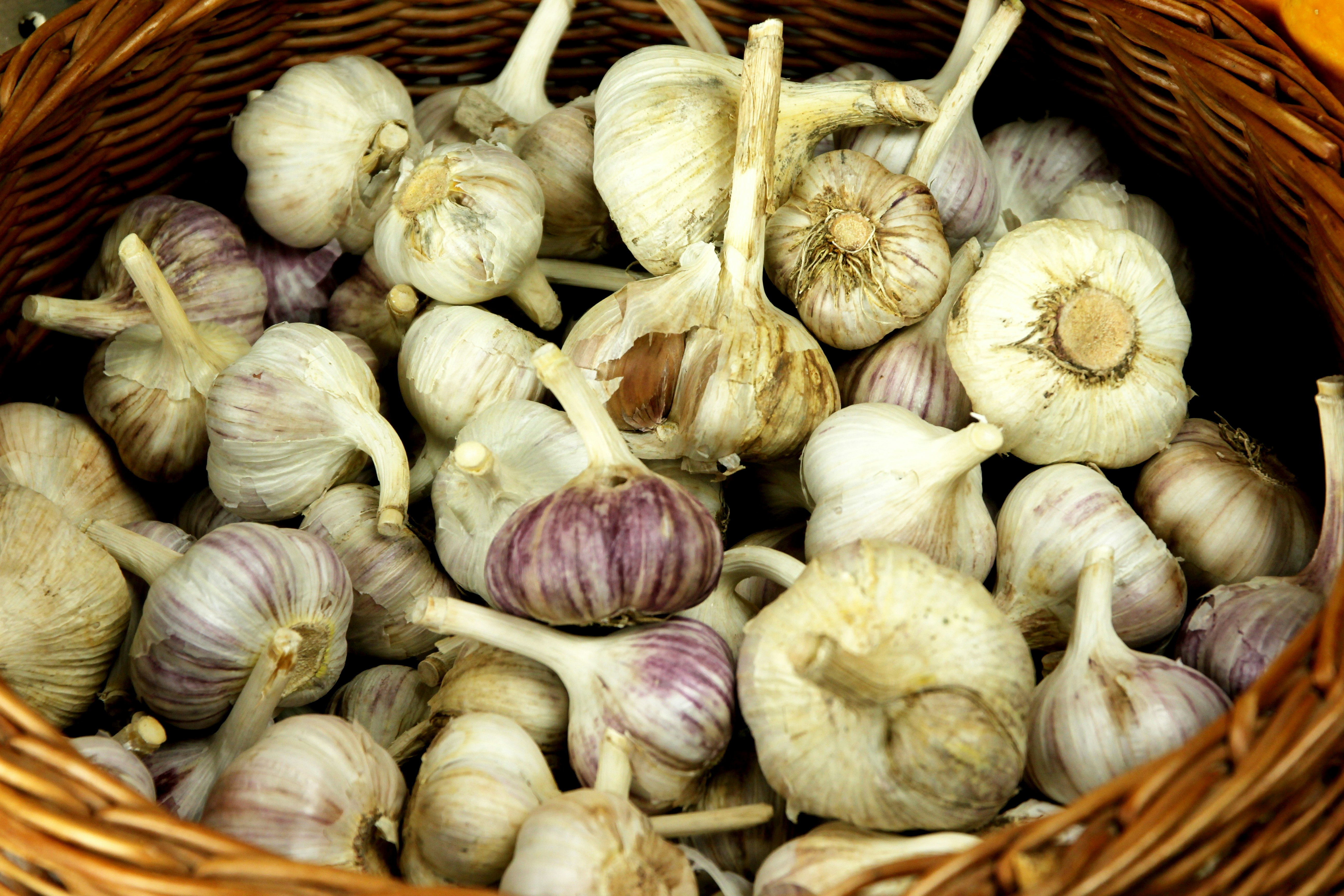If you’re a giant dork, there’s never been a better time to enjoy sports. Over the last 15 years or so, advanced statistics have increasingly permeated the global sporting industry, from how sports are discussed in public to how teams are constructed behind the scenes. In bygone eras, hastily agreed-upon “conventional wisdom” dictated how sports were talked about; a typical ESPN show would feature some man in a suit loudly insisting to you that LeBron James was a choker because of his slumped body language, or whatever. That guy still exists, but next to him is a cold-hearted statistician trotting out the exact data points, pulled from thousands of NBA games, to prove to you that LeBron is in fact not a choker, which you must begrudgingly accept lest you out yourself as an idiot.
This is all not much fun if you’re a casual sports fan who thinks sports should be less formally serious; after all, we’re mostly talking about balls going into holes. Saying this is not an attempt to be anti-intellectual; most of the time, sports do not represent much more than balls going into holes, and the good times had watching them go.
And yet nowadays you can’t really watch or talk about sports without running into one of these data guys — someone who wants to let you know that Steph Curry’s true shooting percentage doubles when he comes off a screen (I made this up, don’t fact-check me), which is really something considering he averages 1.31 points per possession as a spot-up shooter (also made this up), and oh my god can you just shut up and let me watch the ball go into the fucking hole. (If you’re waiting for an explanation of true shooting percentage and points per possession, I am elated to inform you it doesn’t matter that much.)
The paradigm shift here — from having fun while talking about sports to obsessing over math while talking about sports — spans every aspect of sports: televised broadcasts, journalism, fandom. And, currently, no individual aspect of this phenomenon is more irritating to me than the ubiquity of “win probability.”
If you don’t follow sports, win probability is a statistic that summarizes any team’s chance of winning at a particular point in the game, based on several factors: how this team has performed in the past, whether they’re playing at home, the difference in score, the time left in the game, and so on. For example, if the Chicago Bulls are beating the New York Knicks at home by 30 points with five seconds left in the game, they have a 100 percent chance of winning. If it’s tied with a full quarter left, and the Bulls have been particularly good this season while the Knicks have continued to suck, it’s 70 percent. And so on.
As advanced statistics have become increasingly popular, “win probability” has become a standard feature of how individual games across sports are discussed. On ESPN.com, the scoreboard for a game features its win probability, so you can track who is more likely to win at any point, along with watching the score. Journalists also freely reference win probability when analyzing a game, as part of their broader thesis. Here’s 538 drearily explaining what made the Game 5 of the 2017 World Series between the Houston Astros and Los Angeles Dodgers (in which the Astros eked out a crazy 13-12 win) so fun: “By averaging the win probability added — basically, the degree to which each play contributes to a victory — across all the plays in a game, it’s possible to quantify how earth-shaking the average play was, and by extension how exciting each game is. And by that metric, last night’s game comes out as the second-most thrilling in World Series history.” You would probably not agree if you weren’t an Astros or Dodgers fan, but the overwhelming effect of looking at sports so mathematically is to erase subjectivity, which is useful when you’re trying to convince another man you’re smarter than him — the dominant discourse of sports, for now and probably forever.
Most notably, at least to me, win probability is used to emphasize the unlikelihood of a particularly dramatic comeback, right after said comeback has happened. In the first round of this year’s NBA playoffs, the Los Angeles Clippers pulled off a 31-point comeback against the Golden State Warriors — the biggest comeback in postseason history and perhaps the most significant, considering the Warriors are defending champs and have what is considered by some the most talented group of NBA players in history. Not only was the Clippers’ win probability constantly referenced in the retelling of this comeback, but the win probability charts became content on their own because they’re now mainstreamed enough for people to click on them.
Comeback Gods are shining on us this week...
— Laureus (@LaureusSport) April 16, 2019
- Down 31 points
- 0.01% win probability with 7:31 left in the 3rd
- Largest comeback in #NBAPlayoffs history @LAClippers make history and stun @warriors 😱#ClipperNationpic.twitter.com/XBZiiDMHbN
I understand the breathless invocation of win probability in these situations and what it’s supposed to imply. The comeback you just watched was statistically impossible. According to the numbers, it never happens… but it did, and you just watched it. The viewer is made to feel more special for witnessing history, and as though they have experienced some kind of communal moment with thousands of other witnesses.
Though these types of comebacks are supposedly improbable, they happen enough that their statistical unlikelihood feels like a flaw of the methodology used to calculate them, at least as far as the viewer may be concerned. An against-the-odds comeback may be quantitatively improbable, but there’s a reason why it’s a common trope found in basically any sports movie: All sports fans can recognize and root for them and root after watching them play out time and time again in real life.
For example: In the third round of this year’s NBA playoffs, the Portland Trailblazers happened to be leading the Warriors 60-44 with a few minutes left in the second quarter. At this time, ESPN calculated Portland’s chances of winning at 93.6 percent. But anyone who watches basketball knows that the Warriors are better than any other team in NBA history at erasing such a gap in the span of a few minutes, which is exactly what happened: They outscored Portland 29-13 in the third quarter, and eked out a permanent advantage in win probability by the start of the fourth quarter.
Now, no intelligent person would’ve pointed to Portland’s 93.6 percentage win probability in the second quarter and said, “That’s it. It’s over. Time to start planning for Game 4.” The statistic proved to be totally irrelevant because how good the Warriors are at beating those kinds of odds. In fact, the Warriors have had so many comebacks over the last few years that citing win probability feels aggressively useless. It’s reductive, but instead of knotting yourself up with the idea of who’s more likely to win at any given point, it’s easier to accept that the Warriors (and beyond them, every team of adult-aged professionals who’ve distinguished themselves as the best athletes alive) always have a chance to come back and win, until the buzzer sounds and they finally don’t. In fact, I was watching that game with a Warriors fan (awful, I know) who expressed concern about the team’s deficit, until I told them not to worry, the Warriors always pull this shit and it’s totally infuriating, which is exactly what happened.
This ongoing emphasis on the statistical likelihood of a given event taking place is just sort of useless, in the final run. It turns sports — a great form of entertainment predicated on watching the most talented athletes alive do incredible things with their bodies, like this crazy shit — into a number-crunching exercise, in which the competition is formally understood as a series of distinct and modelable events culminating in the final score.
Win probability strip-mines the joyful premise animating almost every sporting event: the possibility that the unlikely will happen in the game despite the conventional wisdom, that the collective muscles and synapses of your favorite team will perfectly synchronize to perform the impossible, thus shooting a storage unit’s worth of endorphins right into your cerebral cortex. As a sports fan, you always want to imagine this can happen; it’s always heartbreaking when it doesn’t. Now, imagine watching your team ultimately failing to come back from a deficit, and some know-it-all dorkasaurus in the corner sneers, “Well, there was a 93 percent chance it wasn’t going to happen.” This is why win probability sucks.
The parallel effect of the rise in advanced statistics is that it turns every fan into an “expert,” capable of rifling off numbers that have nothing to do with the primary question of “is my team playing well enough to win,” or if you have no particular investment in what is happening, “am I watching a good game? ” (This is partly the fault of social media, which has collapsed the distance between fan and expert and horrifically scaled up the deeply heterosexual experience of two people trying to out-talk each other about sports, but that’s another story.)
It’s one thing if, say, you’re a sports executive and want to understand the players/incidents that most affect the outcome so that you can better construct your roster. But for the fan, there’s no point in fixating on these kinds of things. They do not improve the process of watching a game; they bring no tangible exultation. What you get is only extraneous information, to be listlessly cited in recaps and post-game discussion as further evidence that, wow, the team did pull off a historic comeback, though of course we’d just watched it happen.
Of course, I’m a wayward hater with no real skin in the game. I asked three sportswriters I like a lot, Deadspin’s David Roth, SB Nation’s Natalie Weiner, and the freelance writer Alex Wong, what they thought about win probability, as they come much closer to it in their daily work.
Here’s what Roth said:
“I don't know that I dislike win probability as a concept so much as I dislike what I feel like it represents. As a concept, I don’t understand it and honestly probably am incapable of understanding it. I guess the salient point is that I don’t care to understand it. I have issues with seeing random unexplained percentages and numbers floating around during games as a general rule, and I am going to lose that battle; some NBA team tried out a broadcast this year that had field-goal percentages floating above a player's head relative to where he was on the floor and it was like watching a video game experience a brain injury, but I fully expect more of it.
“It just seems like an attempt to express something that sports fundamentally exists to express in more interesting ways — that you sometimes know, but mostly don't know, what is going to happen, and also that it's not over until it’s over. Those are meaningful things, but there are just so many more enjoyable ways to be reminded of it than with a graph or a number that ticks up or down depending on something or other. I’ve watched the Mets my whole life, I know very well how suddenly and inexplicably things can get fucked up.”
Weiner:
“I think that like most stats, win probability is only as useful to fans as it is able to quantify their hunches. You’re never going to be surprised by a win probability, but it is fun to look at the little charts — people might just be looking to it more now because ‘data’ is viewed as objective and that assumption has become increasingly accepted in sports.”
And Wong:
“The way I prefer to watch sports is to view win probability as a zero percent and 100 percent proposition. During a game, certainly the stats, which are credible, can spit out a number between zero to 100 percent of whether your team will win, but I think the joy in watching is knowing that no matter how much a team is leading or how much a team is trailing, you have a 100 percent chance of winning until the buzzer sounds. So while it’s really fun for me to see a win probability chart after the fact with crazy spikes on them because a team made a wild comeback, I prefer to just know that both sides have a chance to win always, if that makes sense.”
Wong’s point made me think about Chuck Klosterman’s 2003 book Sex, Drugs, and Cocoa Puffs, which features a seemingly intentionally inane digression about how the probability of any event happening was 50-50: It either will or it won’t happen. Though it’s an attractive idea if you’re a Buddhist or a stoner, many of us are naturally bound by what seem like the rational chances of anything happening. That said, the 50-50 proposition is appealing when considering events of low stakes that cannot be particularly influenced by anything you do. In that case, “it will or it won’t happen” is about as rigorously intellectual as you ever need to get.
A couple of years ago, a couple of statisticians presented the paper “The Problem With Win Probability” to the MIT Sloan Sports Analytics Conference, typically regarded as the epicenter of statistical innovation in sports. (I attended one as a journalist, and found that to be exactly right.) Their argument, carefully laid out via specific evidence, suggests that win probability is bad because it “lacks sufficient context” and is derived from flawed metrics.
If you are a particularly invested fan, you can read that and internalize it, but I’ll take a less sophisticated route toward the same conclusion: Win probability is bad because it’s boring, and makes you boring for caring about it. Accept the mystery.
Are you upset about something and want us to pay you to write about it? Email leah@theoutline.com.

















